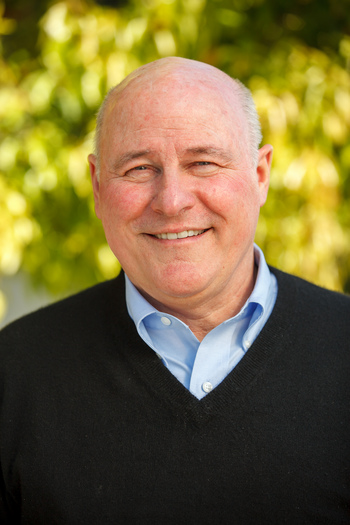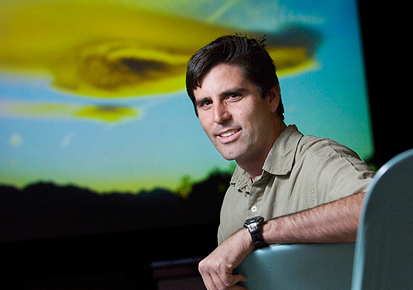Events
February 6, 2014 at 8:00 am
Published by Stanford Blood Center
By Kevin O’Neill On January 30, the Stanford University dean of the School of Medicine, Lloyd Minor, MD, spoke at our Café Scientifique series. The title of his talk was, “Academic Medicine: Leading the Biomedical...
January 27, 2014 at 12:11 pm
Published by Stanford Blood Center
Lloyd B. Minor, MD, Dean of the Stanford University School of Medicine, will be speaking at our upcoming Café Scientifique series, this Thursday, January 30. Please join us at our Palo Alto center from 7:00 p.m. – 8:30 p.m. The challenges facing...
January 7, 2014 at 12:45 pm
Published by Stanford Blood Center
We’d like to thank all of the caring blood donors who donated over the holidays. By the time January rolls around, blood centers are often grappling with post-holiday shortages. Already this month, Stanford Blood Center has a critical need for type...
November 20, 2013 at 10:15 am
Published by Stanford Blood Center
Steven Adelsheim, MD, Clinical Professor of Psychiatry and Behavioral Sciences, Stanford University School of Medicine, spoke at our Café Scientifique series this past Thursday, November 21. This past Thursday at Café Scientifique, Dr. Adelsheim, a child/adolescent and adult psychiatrist, shared...
September 23, 2013 at 4:21 pm
Published by Stanford Blood Center
Clete A. Kushida, MD, PhD, Stanford Neurologist and Professor of Psychiatry, Medical Director of the Stanford Sleep Medicine Center, and President of the World Sleep Federation, will be speaking at our upcoming Café Scientifique series, this Thursday, September 26. Please...
September 10, 2013 at 10:16 am
Published by Stanford Blood Center
By Dayna Kerecman Myers We’re celebrating Blood Collectors Week from September 8-14, 2013. Blood centers across the nation take this time to thank blood collection staff for their efforts to ensure blood is available when needed, and to highlight...
May 23, 2013 at 2:57 pm
Published by Dayna Myers, Contributor
By Robert Higa, Certified Therapy Team Training Instructor, Delta Society Pet Partners, and PAWS (Pet Assisted Wellness @ Stanford) program at Stanford Hospital & Clinics and Lucile Packard Children’s Hospital Robert will be speaking at our upcoming Café Scientifique series...
September 25, 2012 at 9:24 am
Published by Stanford Blood Center

By Scott Johnson, president and founder of the Myelin Repair Foundation. Listen to Mr. Johnson speak live on this topic at our next Cafe Scientifique series on Thursday, September 27, 2012 at 7 p.m.
Just like millions around the world and perhaps many of you, I am a patient. I was diagnosed with multiple sclerosis over 30 years ago. At that time, I was told there would be a cure in 30 years. If I were diagnosed today, I would be told the same thing.
March 27, 2012 at 9:54 am
Published by Stanford Blood Center

By Mark Z. Jacobson, PhD, Director of the Atmosphere/Energy Program and Professor of Civil and Environmental Engineering at Stanford University
Global warming, air pollution, and energy insecurity are three of the most significant problems facing the world today. My upcoming talk at Stanford Blood Center's Café Scientifique on 3/29/12 discusses a plan to solve the problems by powering 100% of the world's energy for all purposes, including electricity, transportation, industry, and heating/cooling, with wind, water, and sunlight (WWS) within 20-40 years.
December 6, 2011 at 12:10 pm
Published by Stanford Blood Center
By Marina Basina, M.D., a diabetes expert and Clinical Assistant Professor, Medicine - Endocrinology, Gerontology, Metabolism at Stanford University
Type I diabetes is an autoimmune condition in which the body's immune system inappropriately destroys the insulin-producing cells of the pancreas. Insulin is a key hormone which moves glucose into the cells and allows it to be utilized for energy and growth. Without insulin, glucose rises in the bloodstream, causing an abnormally high level of sugar in the blood.


